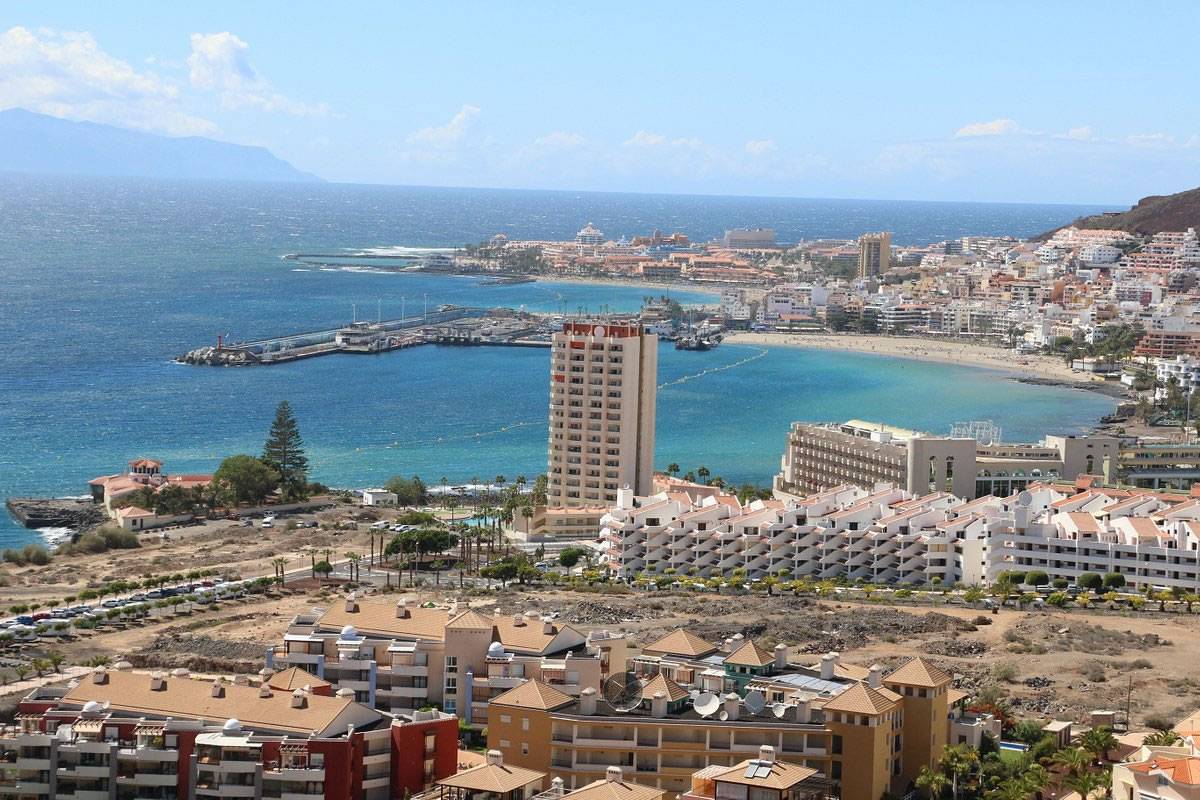The housing situation in the south of Tenerife is now classed as critical
- 20-11-2023
- Business
- Canarian Weekly
- Photo Credit: Trip Advisor
The housing crisis in the south of Tenerife has reached unprecedented levels, compelling some tourism industry workers to share rooms, sleep in vans or caravans, and, in extreme cases, resort to makeshift accommodations and tents on the beach.
As we have reported before, the rents for one-bedroom apartments have now surged to almost €1,000 a month, if you can find one, making it nearly impossible to find affordable housing, as the majority of owners have decided to do holiday rentals instead of long-term lets, a lot of them illegally.
Illustrating this predicament is the story of a Bulgarian taxi driver from Adeje, who, until two years ago, rented an old apartment near the Troya ravine in Playa de Las Americas for €500 per month. "Suddenly," he says, "the landlord demanded €1,200 per week, citing its reclassification as a holiday apartment."
Faced with this exorbitant increase, the taxi driver opted to search for another property to rent monthly. Frustrated by the lack of available options, he chose to invest in a townhouse near the Buenavista del Norte golf course. "It's more cost-effective for me to commute daily from Buenavista than to pay over €1,000 for a rental in Adeje or Arona," he commented.
Many other people find themselves in similar predicaments, with restaurant staff who have no choice but to commute from the north or Granadilla due to the impossibility of securing housing, whether renting or buying due to the prices.
This is the major problem the tourism sector is facing, grappling with the surge in holiday rental properties and the limited availability of residential options. Numerous communal buildings have transitioned into tourist apartments, owned by foreign funds or people who don’t live on the island, yielding profits four to five times higher than conventional long-term rentals.
However, this housing dilemma is not exclusive to southern Tenerife; it extends to the other islands where job opportunities often go unfilled due to a lack of affordable accommodation.
The situation is further exacerbated by the insufficient construction of social housing. The Canary Islands government is actively working on a draft for a new holiday rental law, aiming for a comprehensive review of the regulations outlined in Decree 113/2015, dated May 22, to stop any property becoming used for holiday lets, capping the number allowed, and only having them on complexes with their use classed as touristic and not residential.



























































